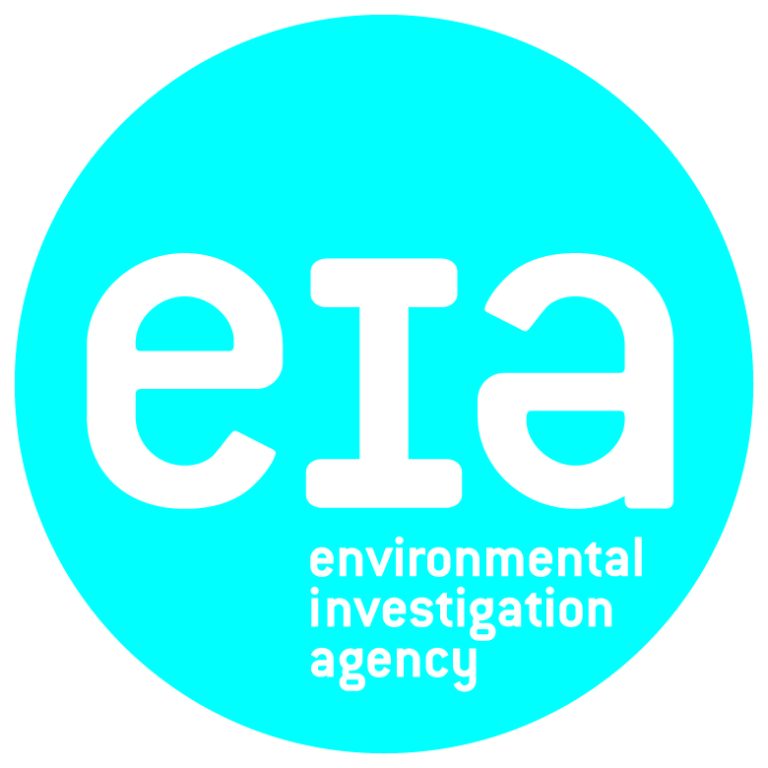US and UK
The Environmental Investigation Agency (EIA) was founded in 1984 by Dave Currey, Jennifer Lonsdale and Allan Thornton OBE, who set up Greenpeace’s London office in 1976. These three activists came together to form EIA as a consequence of their experience recording minke whale hunts off northern Norway. According to EIA, they realised that on-the-ground documentary investigations provided ‘powerful new tools for effective campaigning’.
The Environmental Investigation Agency investigates and campaigns against environmental crimes and abuse. Its investigations focus on protecting oceans, forests, pangolins and other iconic species, as well as on climate change mitigation issues. Much of EIA’s work is directed toward producing evidence designed to influence the votes and outcomes at CITES’ CoPs.
The EIA has a credible track-record exposing real world examples of wildlife crime on the ground, sometimes by taking great personal risks to acquire the evidence, other times by just doing good desk research. However, instead of looking at or criticising the causes of the problem, which is that prohibition encourages crime, EIA always recommends more stringent prohibition as the solution.
For example, at the 71st meeting of the CITES Standing Committee (SC71), EIA produced a briefing paper on tiger farms in Laos that cited so-called contraventions of the Convention and which demanded, unsuccessfully, that the Standing Committee recommend that CoP-18 should suspend trade with Lao PDR.
When it comes to successes, EIA claims that its undercover investigation played a major role in achieving the 1989 international ban on the elephant ivory trade. For example, it says that its report ‘A System of Extinction: The African Elephant Disaster’ was distributed to every participant at CITES’ CoP-7.
The Environmental Investigation Agency has been accused of spreading emotive claims in the media that cannot be substantiated by evidence. One example being when it claimed that a complete ivory trade ban was the only solution available to save the African elephant from extinction. (see: Investigating the Influence of Non-state Actors on Amendments to the CITES Appendices)
Before every CITES CoP, EIA publishes its recommendations on every proposed listing of a species on the agenda, which it circulates to the Parties and to the media.
The Environmental Investigation Agency has been operational in the USA since 1989.
Leadership
Mary Rice, Executive Director UK. Allan Thornton Executive Director global.
Governance
Allan Thornton, President of global Board (Founder). UK Board of Trustees, John Stephenson, a former diplomat, chair.
Finance
In 2019 EIA recorded an income of £3,720, 273 in the UK, of which £1,734,069 went on staff salaries and £426, 075 to creditors.


